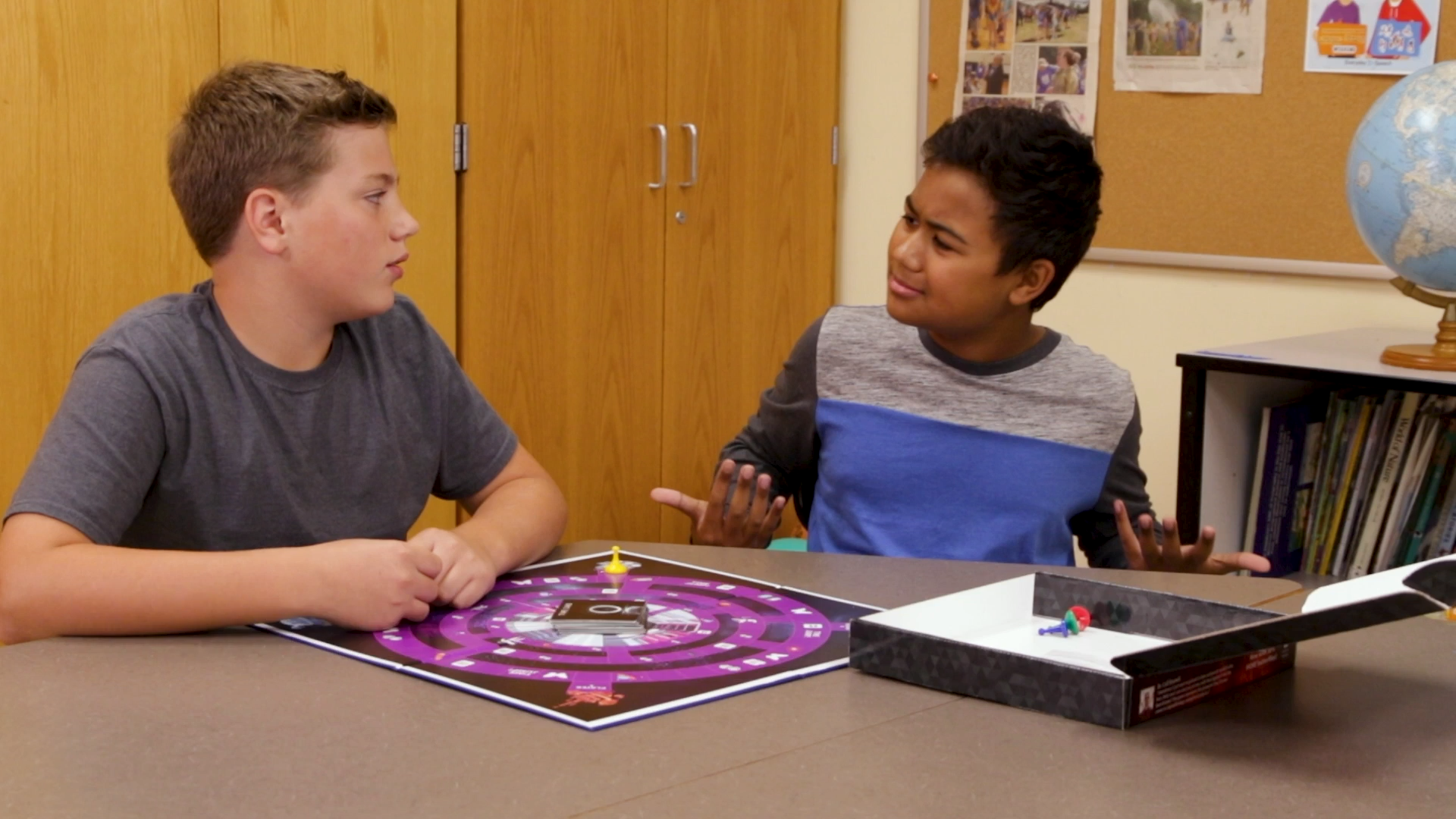
Introduction
As educators, we know that it’s essential for students to develop healthy social habits and communication skills. One crucial skill for young learners is understanding the importance of compromise. Compromise helps to resolve conflicts and maintain positive relationships with friends and peers. This blog post will discuss the concept of compromise, present a no-prep activity for teaching this skill, offer discussion questions to stimulate further exploration, and outline related skills that students should develop alongside compromise.
No-Prep Activity
This no-prep activity, called “The Compromise Game,” requires no materials and can be done in any setting. It’s perfect for teaching students how to compromise with their peers.
- Divide the students into pairs.
- Ask each pair to come up with two different activities they would like to do during their free time.
- Each student in the pair should share their chosen activity with their partner.
- The students must then work together to find a compromise that allows both of them to enjoy their preferred activities.
- Afterward, have each pair share their compromise with the class and discuss how they reached an agreement.
This activity encourages students to practice communication, negotiation, and problem-solving skills, all of which are essential for successful compromise.
Discussion Questions
These discussion questions can help stimulate further conversation and reflection on the importance of compromise:
- Why is compromise important in our relationships with friends and classmates?
- Can you share an example of a time when you had to compromise with someone? How did you feel afterward?
- What challenges might arise when trying to compromise with others? How can we overcome these challenges?
- How can practicing compromise help us become better friends and classmates?
- What other skills can be helpful when trying to reach a compromise with others?
Related Skills
Alongside compromise, there are several other essential social skills that students should develop:
- Active listening: Paying close attention to what others are saying and showing empathy can make it easier to find common ground and reach a compromise.
- Assertiveness: Being able to express one’s thoughts and feelings confidently and respectfully can help students negotiate and reach a fair agreement.
- Conflict resolution: Learning how to address conflicts and find win-win solutions is crucial for maintaining healthy relationships and fostering a positive learning environment.
- Empathy: Understanding others’ feelings and perspectives can help students be more open to compromise and create stronger bonds with their peers.
Next Steps
Teaching the art of compromise is an essential aspect of helping students develop healthy social skills and positive relationships. To further support your students in learning about compromise and other valuable social-emotional skills, sign up for free sample materials at Everyday Speech. You’ll find engaging resources designed to help students grow and thrive in their social interactions.

